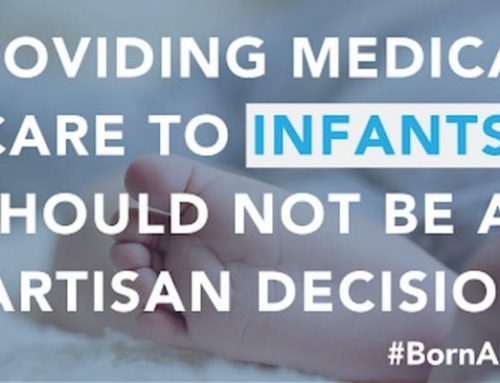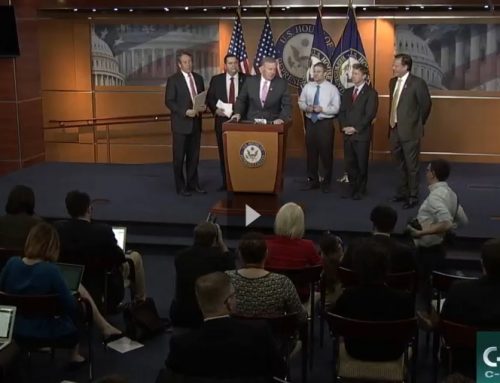We’ve been tracking the meltdown of Greece and the European economy on this blog, which has all happened, of course, because of out of control government spending. And because our politicians are following the same path for America, all we have to do is look to Europe to see our future.
We have just passed a healthcare bill that issues massive regulations on private sector health insurance. How’s that going to work out for us? The Cypress Times shows us how Greece is doing with it:
In 1983, when the socialists were in power, Greece established “health care for all.” Today government spending is unsustainable and Greece is awash in red ink. Talks of budget cuts and program cutbacks are causing rioting and bloodshed.
The Greek system is employer- based but the Greek Ministry of Social Health and Cohesion has enacted strict regulations so that innovation cannot exist. Employers must choose from government-approved insurers, with rates and benefits packages clearly delineated. This sounds much like ObamaCare– private but heavily regulated insurance.
From the same article, even the International Monetary Fund, which is determined to bail out Europe with your money, said that
before any bailouts are considered, the Greek government must privatize transportation, energy and health care to rein in costs. The IMF recognizes that increased government involvement in health care does not save money. It also does not lead to better health care.
What is it we’re missing about this? How much more will it take for Americans to learn that high government spending and regulations never work?
Actually, I think most Americans have learned this. It is our politicians whose careers are spent coming up with creative ways to spend other people’s money and expanding their own power that continue to take us down the road to financial disaster. But with Europe collapsing before our eyes and a government focused health care approach playing a significant role, we must find a way to force our elected officials to repeal ObamaCare. As soon as possible.





